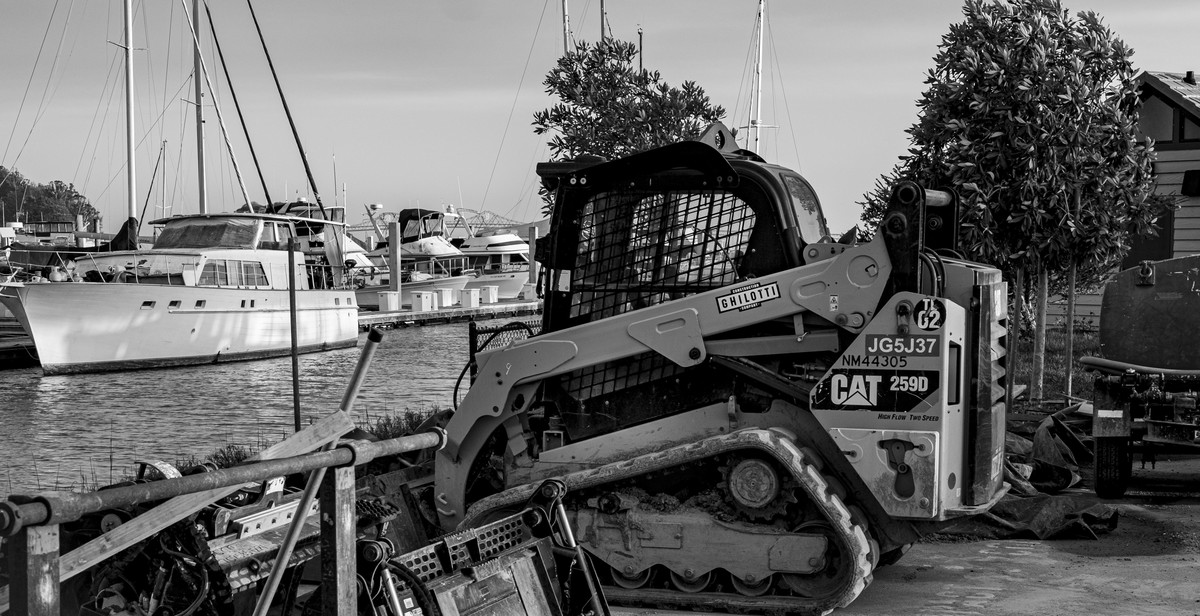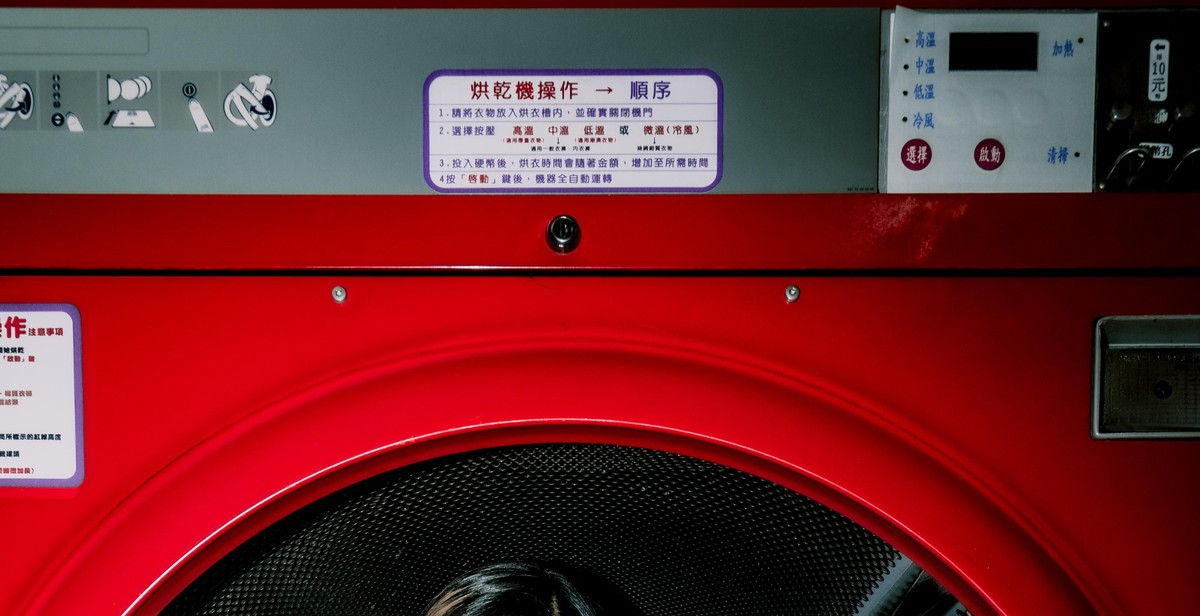How to Choose the Right Drum Machine for Electronic Music Production
Electronic music production has come a long way since its inception, and one of the most essential tools for creating electronic music is a drum machine. A drum machine is an electronic musical instrument that is designed to imitate the sound of drums and percussion instruments. It is used to create rhythm patterns, beats, and loops, which are the backbone of any electronic music track.
What is a Drum Machine?
A drum machine is a standalone electronic device that produces drum and percussion sounds. It is a programmable instrument that can be used to create and store different rhythm patterns and beats. The first drum machines were introduced in the 1960s and were mainly used in the production of disco music. Today, drum machines have evolved to include a wide range of features, including sampling, sequencing, and effects processing.
Why Use a Drum Machine?
Drum machines are an essential tool for electronic music production for several reasons. One of the primary reasons is their ability to create and store rhythm patterns and beats. This allows producers to experiment with different sounds and tempos, and create complex rhythms that would be difficult to achieve with live drumming.
Another reason to use a drum machine is its versatility. Drum machines can be used to create a wide range of sounds, from classic drum machine sounds to more experimental and unique sounds. This allows producers to create their own signature sound and stand out in a crowded electronic music scene.
Overall, a drum machine is an essential tool for any electronic music producer. Choosing the right drum machine can be a daunting task, but with the right knowledge and guidance, you can find the perfect machine for your needs.

Types of Drum Machines
When it comes to drum machines, there are three main types: analog, digital, and hybrid. Each type has its own unique set of features and characteristics that make it ideal for certain types of music production.
Analog Drum Machines
Analog drum machines are the oldest type of drum machine and use analog circuitry to produce sounds. They were popular in the 1980s and are still used today by many electronic music producers. Analog drum machines have a warm and natural sound that is often described as “fat” or “punchy.”
One of the advantages of analog drum machines is that they can be used to create unique and unpredictable sounds due to the nature of analog circuitry. They also typically have a more hands-on interface, with knobs and sliders that allow for easy tweaking of sounds in real-time.
Digital Drum Machines
Digital drum machines use digital signal processing to produce sounds. They were first introduced in the 1980s and have since become the most common type of drum machine. Digital drum machines can produce a wide range of sounds, from realistic acoustic drum sounds to synthetic and electronic sounds.
One of the advantages of digital drum machines is that they are often more affordable than analog drum machines. They also typically have more advanced features, such as built-in effects and sequencers, which can make them more versatile for music production.
Hybrid Drum Machines
Hybrid drum machines combine analog and digital technologies to produce sounds. They often have analog drum sounds and digital effects, or vice versa. Hybrid drum machines can offer the best of both worlds, with the warm and natural sound of analog circuitry and the versatility of digital signal processing.
One of the advantages of hybrid drum machines is that they can be used to create unique and complex sounds that are not possible with analog or digital drum machines alone. They also typically have a more modern interface, with features such as touchscreens and wireless connectivity.
| Type | Advantages | Disadvantages |
|---|---|---|
| Analog | Warm and natural sound, hands-on interface | Expensive, limited sound options |
| Digital | Wide range of sounds, affordable, advanced features | Less natural sound, less hands-on interface |
| Hybrid | Unique and complex sounds, best of both worlds | Expensive, complex interface |
Ultimately, the type of drum machine you choose will depend on your personal preferences and the type of music you want to produce. Analog drum machines are ideal for those who want a warm and natural sound, while digital drum machines are great for those who want a wide range of sounds and advanced features. Hybrid drum machines are perfect for those who want to experiment with unique and complex sounds that are not possible with analog or digital drum machines alone.

Key Features to Consider
Choosing the right drum machine for electronic music production can be a daunting task, especially with so many options available in the market. However, there are key features that you should consider when making your decision. These features include:
Sound Quality
The sound quality of a drum machine is perhaps the most important feature to consider. Look for a machine that produces high-quality sounds that are clear and crisp. The sound should be able to cut through the mix and be heard clearly in the final mix. Some drum machines come with built-in effects that can enhance the sound quality, so consider this when making your decision.
Sequencing Capabilities
The sequencing capabilities of a drum machine are also important. Look for a machine that allows you to create complex rhythms and patterns easily. The machine should have a variety of sequencing options, including step sequencing and real-time recording. It should also allow you to adjust the timing and velocity of each note to create a more natural and dynamic sound.
Connectivity
The connectivity options of a drum machine are also important. Look for a machine that allows you to connect to other devices, such as a computer or MIDI controller. This will allow you to integrate the drum machine into your existing setup and control it more easily. Some drum machines also come with built-in speakers, which can be useful if you want to use the machine on the go.
User Interface
The user interface of a drum machine is also an important consideration. Look for a machine that has an intuitive and easy-to-use interface. The controls should be well-laid out and easy to access, and the display should be clear and easy to read. Some drum machines also come with touchscreens, which can make programming and sequencing even easier.
| Feature | Importance | Considerations |
|---|---|---|
| Sound Quality | High | Look for a machine with clear and crisp sounds that can cut through the mix. |
| Sequencing Capabilities | High | Look for a machine with a variety of sequencing options and the ability to adjust timing and velocity. |
| Connectivity | Medium | Look for a machine that allows you to connect to other devices and has built-in speakers if you need them. |
| User Interface | Medium | Look for a machine with an intuitive and easy-to-use interface, with well-laid out controls and a clear display. |
By considering these key features, you can choose the right drum machine for your electronic music production needs. Take your time and do your research to find a machine that fits your budget and meets your requirements.

Top Drum Machines on the Market
When it comes to electronic music production, having a good drum machine is crucial. A drum machine is a hardware device that can create and manipulate drum sounds. It allows producers to create complex drum patterns and beats without having to rely on pre-made samples. Here are some of the top drum machines on the market:
Elektron Digitakt
The Elektron Digitakt is a powerful and versatile drum machine that is perfect for live performances and studio productions. It has 8 audio tracks, 8 MIDI tracks, and a built-in sequencer that can create complex patterns and rhythms. The Digitakt also has a powerful sampling engine that allows producers to import and manipulate their own samples.
Roland TR-8S
The Roland TR-8S is a modern take on the classic Roland TR-808 and TR-909 drum machines. It has a wide range of drum sounds and patterns that can be customized and manipulated to create unique beats. The TR-8S also has a built-in sequencer and effects that can add depth and complexity to your drum patterns.
Arturia DrumBrute
The Arturia DrumBrute is an analog drum machine that is perfect for producers who want a classic, vintage sound. It has 17 analog drum sounds and a built-in sequencer that can create complex patterns and rhythms. The DrumBrute also has a unique “Color” function that can add subtle variations to your drum sounds.
Korg Volca Beats
The Korg Volca Beats is a compact and affordable drum machine that is perfect for producers on a budget. It has 6 analog and digital drum sounds, a built-in sequencer, and a range of effects that can add depth and character to your drum patterns. The Volca Beats also has a compact design that makes it easy to take on the go.
| Drum Machine | Tracks | Sounds | Sequencer | Effects |
|---|---|---|---|---|
| Elektron Digitakt | 8 audio, 8 MIDI | Sample-based | Built-in | Delay, reverb, compressor |
| Roland TR-8S | 8 audio, 8 MIDI | Sample-based | Built-in | Delay, reverb, filter |
| Arturia DrumBrute | 12 | Analog | Built-in | Color, distortion, delay |
| Korg Volca Beats | 6 | Analog and digital | Built-in | Delay, stutter, roll |
Overall, these are some of the top drum machines on the market. Each one has its own unique features and sound, so it’s important to choose the one that best fits your needs and preferences.

Conclusion
In conclusion, choosing the right drum machine for electronic music production can be a daunting task, but with the right information and guidance, it can be a lot easier. The most important thing to consider when choosing a drum machine is your specific needs and preferences. Some of the key factors to consider include the type of music you want to produce, your budget, the features you need, and the level of experience you have with drum machines.
When it comes to choosing between hardware and software drum machines, it really depends on your personal preferences and needs. Hardware drum machines offer a more tactile and hands-on experience, but they can be more expensive and less flexible than software options. Software drum machines, on the other hand, offer more features and flexibility, but they require a computer and can be more complex to use.
Ultimately, the best drum machine for you will depend on your specific needs and preferences. Take the time to research and compare different options, read reviews, and ask for recommendations from other producers. With the right drum machine, you can take your electronic music production to the next level and create amazing beats and rhythms that will keep your audience dancing all night long.
